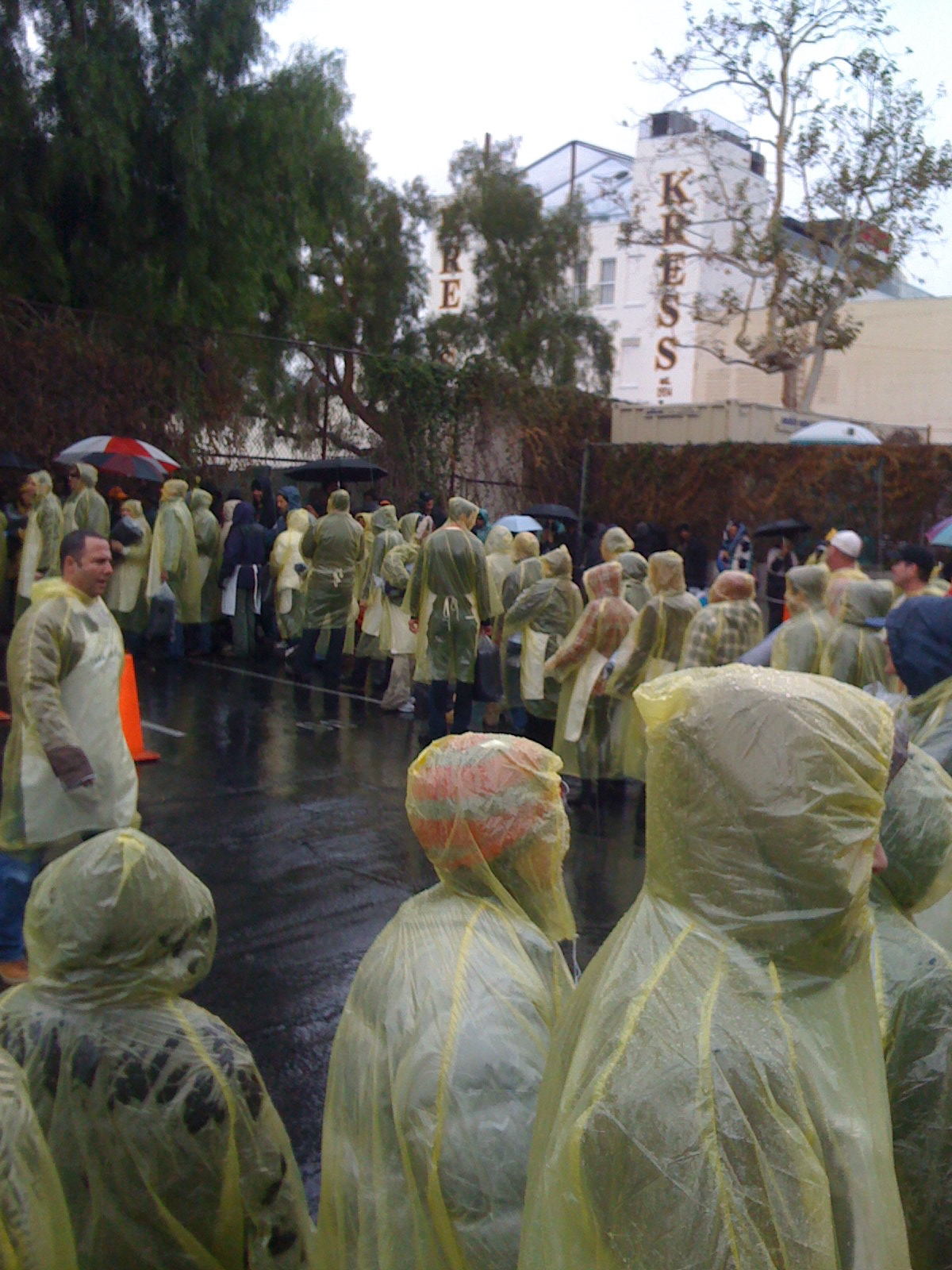Scarcity / Abundance
How Many Calories for a Dollar?
Michael Pollan, as always, making perfect sense:
Egyptian Mummies Yield Ancient Secrets of Good Journalism
This is based on an LA Times article here
What strikes me most is how athlerosclerotic the science itself is. Or perhaps it’s just the reportage?
The opening line of the article is “CT scans of Egyptian mummies… show evidence of… hardening of the arteries, which is normally thought of as a disease caused by modern lifestyles….” One of the researching cardiologist draws this conclusion: “Perhaps atherosclerosis is part of being human.”
The LA Times reporter covering the story (Thomas Maugh) rightly points out at the end, “The high-status Egyptians ate a diet high in meat from cattle, ducks and geese, all fatty.” Which of course entirely negates the hypothesis of heart disease being part of the natural human condition.
It’s clear why the researchers — both cardiologists — would want ancient evidence to support the notion that heart disease is normal. But the fact is that the preponderance of evidence around the world in epidemiology as well as cardiology indicates that …
If You Had A Billion Dollars…
If you had a billion dollars to make the world a better place, how would you spend it?…
Providing Global Energy Needs
Derek Abbott says Australia alone could solve the world’s current and future energy needs using solar thermal and liquid hydrogen. Saul Griffith says, practically speaking this is not feasible and we need to use all available clean energy technology and reduce and conserve substantially or we are doomed. Who is “less wrong”, Derek or Saul?…
Is Hunger Really a Problem in U.S.?
Given everything I hear about obesity stats in the U.S. and malnutrition in the developing world, the last thing I was expecting to find in my inbox this morning was a plea to join a Facebook cause to help end hunger in America. Really?
I’m usually not skeptical in this way, and I’m loath to focus on the negative when it comes to philanthropy, but I can’t get these thoughts out of my head and I’d like some perspective from those who are better informed about the alleged U.S. hunger crisis. In the mean time, here’s my food for thought:…
Designing for Generosity
Clay Shirky is always a great speaker. Here’s his Pop!Tech from last year:
Eben Pagan’s Birthday Webinar
This year for his birthday, Eben decided to host this webinar and invited all his contacts to join him online in lieu of a party and gifts. What a brilliant concept and even more brilliant execution. Eben (and Scott Brandon Hoffman, founder of CharityWater.org) truly epitomize the new philanthropy. Watch the video here.…
Autocatalytic Systems
The above is a self-replicating dynamic structure from a class of systems called cellular automata (click here to run the simulation). Below is a self-replicating dynamic structure from a class of systems called “life”:…
Out of Poverty
One of the more inspiring talks at Pop!Tech this year was Paul Polak’s talk about serving the “other 90%” with life-saving and transformative products using a for-profit micro-franchise model that scales. Paul’s vision and track-record speaks for itself, check it out.…
Pop!Tech Notes, part 2
This session of 3 speakers has been the best so far. All three were great speakers and must-watches on poptech.org.
Chris Anderson - attention and reputation are also economic markets; google is world’s largest reputation market (via pagerank); larry page and will wright are central bankers, like bernake; so is phil rosedale of second life; check out Maple Story (korean game coming to US); games enable time/money fungability…
Pop!Tech Notes, part 1
The conference is being streamed live via video on live.poptech.org
Theme of the conference is Scarcity and Abundance.
BarefootCollege.org (Bunker Roy)
- training poor, illiterate rural, older women from around the world to engineers, take knowledge back to their village and transform it
- decentralizing and spreading technical knowhow (women, no written word)
- rainwater collection
- solar electricity
- teaching done only by illiterates (don’t even speak same language) because literates can’t teach illiterates
- children’s parliment

